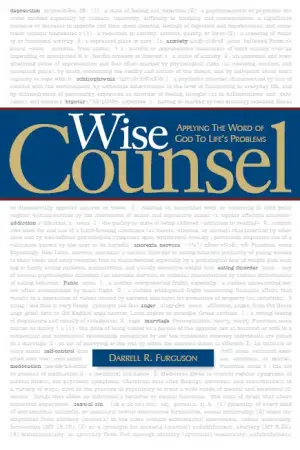I recently finished The First Phone Call from Heaven by Mitch Albom, and I must say, it was quite the captivating read. As a longtime fan of Albom’s ability to weave profound themes of love and loss within compelling narratives, I picked up this book with high expectations. The premise alone grabbed me: a small town suddenly receiving phone calls from those who have passed away, exploring profound questions about existence and the afterlife—it felt like a blend of mystery and meditation.
Albom writes with a lyrical touch, and his characters in Coldwater, Michigan, are beautifully developed. One standout for me was Sully Harding, the disgraced pilot who returns to his hometown to find it buzzing with miracle fever. As his young son clings to his toy phone, hoping to hear from his deceased mother, the emotional stakes couldn’t be higher. I found myself rooting for Sully, whose skepticism adds depth to this otherwise whimsical tale. Readers witness his struggles as he grapples with his own loss while trying to create a firm grounding for his son in a world that suddenly seems to be filled with inexplicable phenomena.
The novel artfully intertwines themes of belief and skepticism, pushing readers to ponder whether these "miracle calls" are genuine or simply a product of collective hope—or perhaps even desperation. Many readers have appreciated how Albom manages to raise significant philosophical questions about existence, something that resonated deeply with me. One reviewer noted how “this is particularly well-suited for those who ask big questions, like, is there really a meaning to life?” I wholeheartedly agree.
However, while I enjoyed the book’s premise, I did notice some pacing issues that others have pointed out. The first half, filled with lead-up to the event itself, felt a bit slower than I anticipated. At times, I found myself longing for the narrative to pick up the pace and delve deeper into the main plot. This sentiment was echoed in a review stating, “the story moves at a fast pace, though some find it slow to get to the point.” I can’t help but concur, as the buildup occasionally seemed to overshadow the core mysteries that kept me turning the pages.
Additionally, the wide range of characters made it occasionally challenging to keep track of who was who. I found it somewhat confusing, as another reviewer put it. There were moments when I wished for more focus on fewer characters to allow for richer development and clarity. Nevertheless, the charm of Albom’s writing kept me engaged, and I found the ensemble cast rewarding in the way their individual stories interwove with the central theme.
The ending, as with many of Albom’s works, was both surprising and thought-provoking. I appreciated how the narrative concluded on a note of hope and ambiguity, prompting me to consider what I believe about life and death. Some readers were left unconvinced by the resolution, but I found it satisfying and fitting, capturing the essence of the book’s themes.
Overall, The First Phone Call from Heaven met my expectations as an engaging exploration of love, loss, and faith. I would certainly recommend it to anyone intrigued by the mysteries of life and the connections we strive to maintain with those we have lost. Despite some pacing issues and the occasional character overload, the book offers a rewarding experience filled with poignant moments and impactful messages. Albom does what he does best—challenging readers to consider the bigger picture of human existence.
If you’re looking for a story that intertwines magic, deep reflection, and a touch of mystery, this book is definitely one to add to your reading list.
Discover the heartwarming journey of connection and hope in The First Phone Call from Heaven. >>








